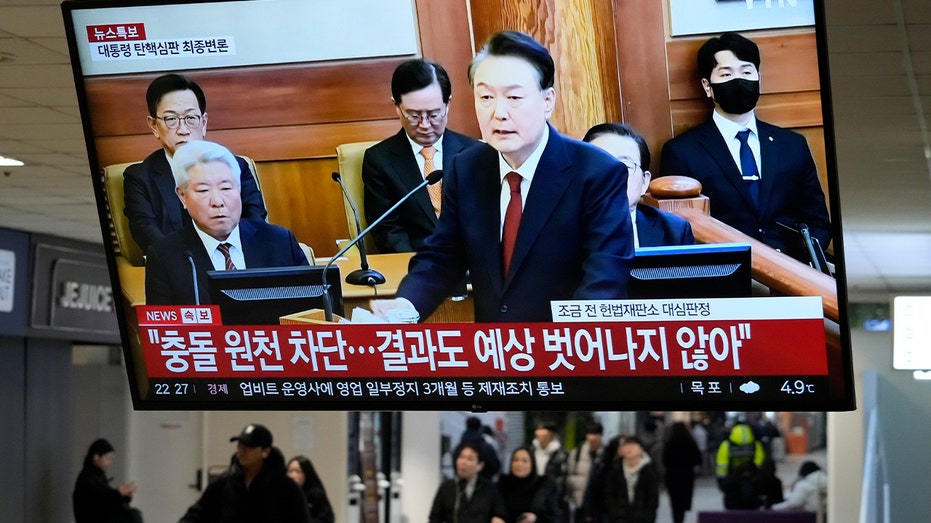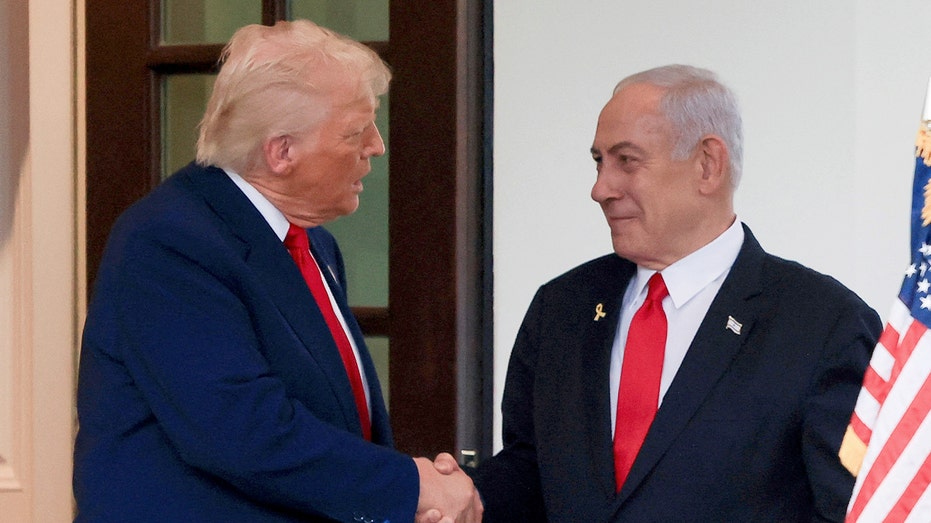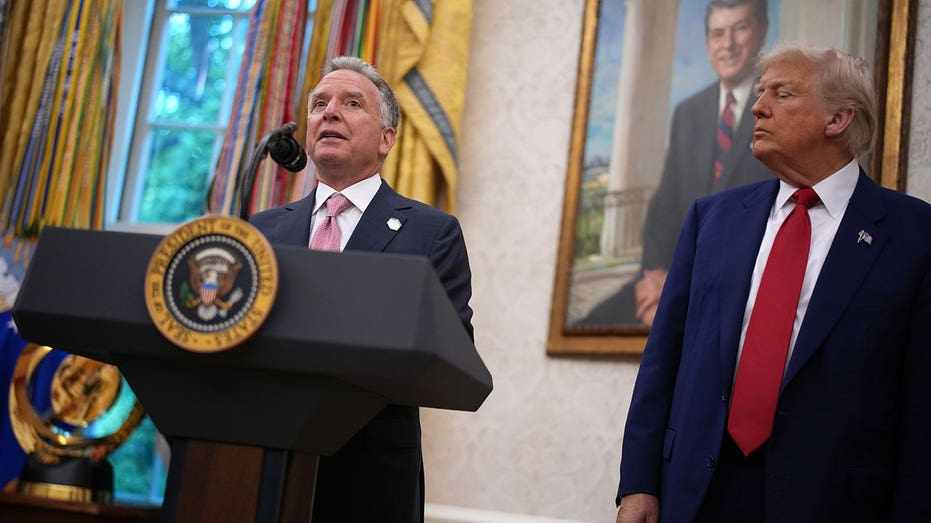Court Orders South Korean President Yoon Freed from Jail Amid Martial Law Trial

Sarah Johnson
March 9, 2025
Brief
A South Korean court has released President Yoon Suk Yeol from jail amid impeachment and rebellion charges, intensifying political turmoil and awaiting a Constitutional Court decision on his presidency.
A South Korean court has ordered President Yoon Suk Yeol's release from jail, potentially allowing him to stand trial for rebellion without being physically detained. The decision comes amid a political firestorm, sparked by Yoon's contentious martial law decree on December 3, which led to his impeachment and suspension.
Yoon’s detention, which began in January, was tied to his martial law declaration—a move that sent shockwaves through the nation. The Seoul Central District Court explained that his formal arrest period had expired before he was indicted, prompting his release. Oh, the irony of bureaucratic timing!
Meanwhile, the Constitutional Court is gearing up to decide whether to permanently remove Yoon or reinstate him as president. With impeachment hearings wrapped up last month, South Korea is caught in a holding pattern that could reshape its political future.
Yoon's defense team hailed the court's decision, urging prosecutors to release him immediately. The presidential office chimed in, expressing hope for Yoon's swift return to work. But hold that thought—the law allows prosecutors to keep him temporarily detained while appealing the ruling. Talk about a legal tug-of-war.
The liberal opposition Democratic Party, architects of Yoon's impeachment, called for an immediate appeal of the court's ruling. They likely see this as a last-chance effort to keep the embattled leader out of power.
The martial law decree itself remains a sore spot, dredging up painful memories of past military rule for many South Koreans. Yoon’s six-hour imposition of martial law involved deploying troops and police to the National Assembly, allegedly to maintain order. However, investigators have claimed his real intent was to obstruct lawmakers from overturning his decree, escalating the drama.
Yoon’s defense? He argued it was all about safeguarding the nation from the opposition Democratic Party, which he claims undermined his agenda. But testimony from top military and police officers suggests his decree may have been aimed more at strong-arming lawmakers than ensuring public safety.
If the Constitutional Court upholds his impeachment, Yoon will officially be ousted, triggering a national election for his successor within two months. If the court rejects impeachment but he remains jailed, South Korea faces a murky legal scenario regarding his ability to govern.
Unsurprisingly, this saga has fueled mass protests from both Yoon’s supporters and detractors. Analysts warn that regardless of the court's decision, the political divide between conservatives and liberals could deepen—a recipe for more unrest.
Yoon's arrest while in office marks a historic first for South Korea. Although presidents are generally immune from criminal prosecution, grave charges like rebellion and treason are exceptions. Martial law, typically reserved for wartime and emergencies, seems like a stretch under the circumstances—at least according to many experts.
Topics
Editor's Comments
This story has all the makings of a political thriller. Yoon’s argument that his martial law decree was meant to "inform" people about the opposition is a head-scratcher. If sending troops to disrupt lawmakers is 'informing,' then I guess we need a new dictionary. Also, it’s hard to ignore the larger-than-life irony of a president being arrested for rebellion while claiming to protect democracy. South Korea is walking a tightrope, and the fall could be messy.
Like this article? Share it with your friends!
If you find this article interesting, feel free to share it with your friends!
Thank you for your support! Sharing is the greatest encouragement for us.



